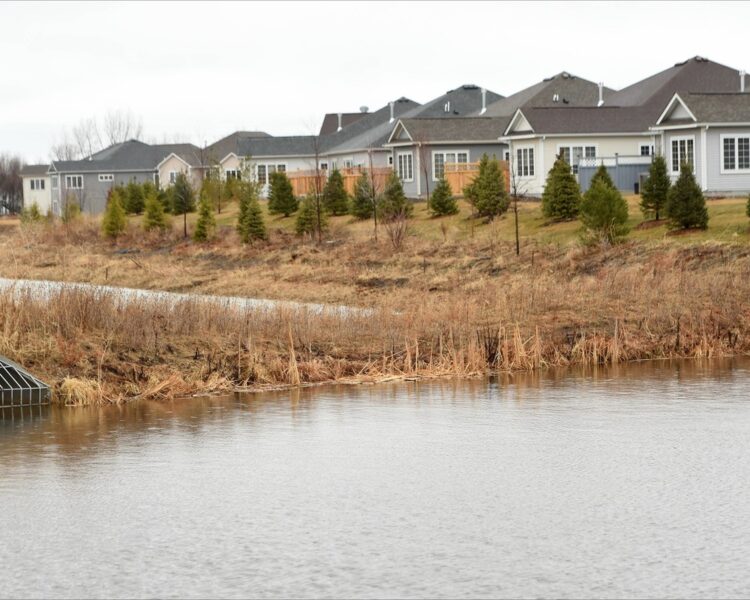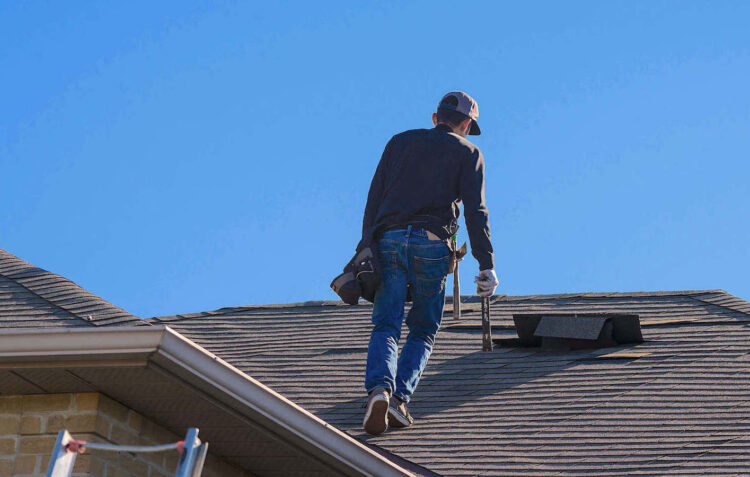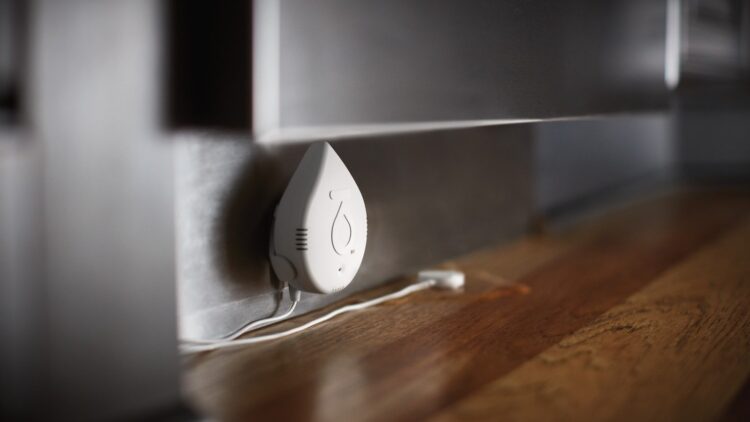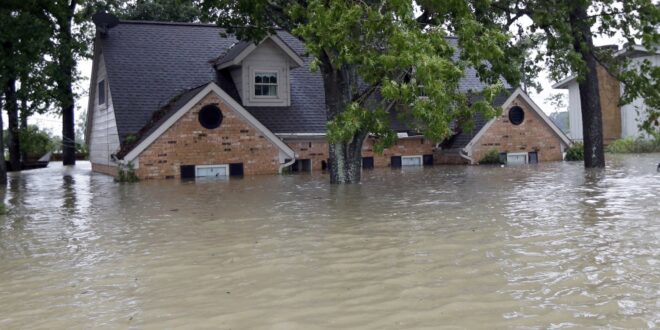Water damage to your home is commonplace in almost every homeowner’s life at some point. Whether it happens as a result of flooding caused by severe storms or a pipe bursting in your home, it’s wise for homeowners to be aware of what can be done to prevent water damage from occurring, along with knowing what to do in the event of an emergency in order to avoid more serious issues down the line.
Thankfully, there are a number of effective ways to protect your home from water damage. As a property owner, you need to be proactive about implementing preventative measures, as these problems have a habit of creeping up on you when you least expect them. Many people won’t know where to start, so here are a few tips to help you along the way.
Fill Any Foundational Cracks
Cracks in the property’s foundation allow water to infiltrate your home, which can cause massive issues over time. You can prevent these issues from worsening by inspecting your home’s foundation and caulking or sealing any cracks.

Be Aware of Your Soil Slope
It is important for water to flow away from your property instead of pooling around its foundation. When you experience flooding after a storm, lingering water can pose a water damage hazard. You should make sure your soil slopes at an appropriate angle so that water flows away from your home.
Be Mindful When Gardening
Planting trees around your home will increase your chances of becoming a victim of water damage issues. Roots have the potential to disrupt plumbing systems and can cause real damage to your property’s foundation over time. When you are gardening, be sure to plant trees a good distance away from the structure of your house.
Check Your Roof
Another element of your home in relation to water damage issues is the roof. Check your roof from time to time to pinpoint any problematic spots. Your roof can take a severe beating in a storm, and it can also suffer from regular wear and tear, so you need to be mindful of its integrity.

Know Where Your Water Main Shutoff Is
Ask any plumber, and they’ll tell you the main water shutoff is without a doubt the most important plumbing feature in any building. This is because your water mains supply water to the entire place, and any water that enters the building that comes through the mains is then distributed to other pipes. In the event of any type of plumbing emergency at home, knowing where the shutoff is for your water mains will make all the difference when it comes to containing the issue and minimizing the damage. Knowing where this key component is means you can quickly shut off the water at the source.
Maintain Your Household Appliances
One of the most common causes of water damage in the home is faulty appliances. This is why it is important to maintain your appliances according to the manufacturer’s instructions and check for leaks regularly. Washing machine and refrigerator hoses are where many issues occur, so keep a close eye on these. As the appliance ages, the hoses become brittle and can be prone to leaks. Bear in mind that hoses usually only last about five years, so you may want to replace them after that period to avoid any issues.
Investigate Leaks Promptly
The moment you see signs of a water leak anywhere in your home, investigate the cause without delay. Ignoring the problems or putting off the necessary repairs will only cause you more trouble in the long run. If you fail to address the issue, you should be prepared to deal with mold, mildew, dry rot, and possible structural issues. It’s also worth bearing in mind that most home insurance policies only cover sudden and accidental damage, so any damage caused as a result of negligence or lack of maintenance will likely leave you paying out of pocket to fix the problem.
Use Water Detectors

Talk to your plumber about installing water detectors in your home. These small devices sound an alarm when the sensor comes into contact with moisture, and can make a big difference when it comes to spotting a problem early.
The biggest benefit of using these is that they can detect low moisture levels and slow leaks, which most homeowners won’t notice straight away. Install them near your appliances like washing machines and dishwashers as well as by the toilet.
Keep a Close Eye On Your Water Bill
Another clear indication of a leak is a sudden increase in your water consumption. If you notice that your bill is significantly higher without any reasonable explanation, this should raise a red flag, and you should investigate as soon as possible.
Call in Professional Help
Even those who are well-prepared can still experience water damage to their home, despite their best efforts. If you’ve suffered as a result of a water issue in the home, you should call in professionals like iFlooded Restoration, who will be able to give you the advice and support to help you recover in the aftermath of a stressful incident.
These professionals have experienced it all before and will know how to get your problem sorted and have your home back in working order in no time at all.
Even the smallest of issues can quickly escalate into big problems, so it’s important to be proactive as a homeowner by implementing preventative measures to spot problems early. Remember there is no one-size-fits-all solution in this area, so the chances are you’ll need to implement a combination of all the measures we’ve discussed here. There will also be times when problems will occur that can’t be solved by anyone but an expert. In such situations, it is important to know when to call in a professional to get the job done and to prevent problems from getting worse. While professional support may be pricey, it has the potential to save you both money and stress in the long run, so don’t delay!
 Hi Boox Popular Magazine 2024
Hi Boox Popular Magazine 2024



